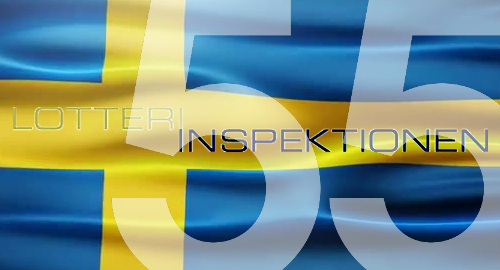 Sweden’s gambling regulator has received over 60 applications to operate in the country’s new regulated market that gets underway next year.
Sweden’s gambling regulator has received over 60 applications to operate in the country’s new regulated market that gets underway next year.
On Friday, Sweden’s Lotteriinspektionen gaming regulatory body announced that it had received 60 applications to operate in the country’s liberalized gambling market, which is set to kick off on January 1, 2019. Of these applications, 55 are seeking online casino and sports betting licenses.
Lotteriinspektionen added that some of these applications were incomplete and the regulator had begun informing some operators of the need to fill in the blanks or run the risk of not being approved by the regulated market’s official launch date.
Lotteriinspektionen didn’t spare itself from criticism, noting that “we do not have concrete answers” to questions submitted by operators seeking specifics on their responsible gaming and match integrity obligations.
Lotteriinspektionen similarly suggested that it “cannot provide advance notice” of how Sweden’s new gambling legislation should be interpreted regarding advertising and marketing limitations, adding that these questions “will be clarified through jurisprudence.”
The regulator’s director general, Camilla Rosenberg, noted that the period between Swedish legislators approving the new gambling law and the launch of the new market was “extremely short.” As such, the regulator’s “absolute priority in the autumn is to process applications and make decisions about licenses.”
Last week, Louise Nylén, VP of mobile gaming operator LeoVegas, told a Stockholm seminar that it would have been better had the government clarified the new market’s rules and regulations before licensees go live.
As quoted by local financial tabloid Dagens Industri, Nylén also cautioned Sweden against getting too restrictive regarding operators’ ability to advertise. Nylén cited the recent experience in Italy, which enacted a blanket ban on gambling advertising, resulting in online operators not holding Italian licenses surging to the top of Google’s search rankings.
Hiccups aside, Sweden’s application flood speaks volumes about the need for jurisdictions to enact sensible rules for online operators, including a reasonable rate of taxation (in Sweden’s case, 18% of revenue) and few restrictions on the types of online products that can be offered. Studies have shown this is the only way to effectively ‘channel’ local gamblers to locally licensed sites.
Compare Sweden’s experience to that of Poland, which launched its liberalized online gambling market in April 2017, but has so far issued only 10 online licenses. Operators have complained about Poland allowing online licensees to offer anything other than sports betting, while taxing that betting at 12% of turnover.